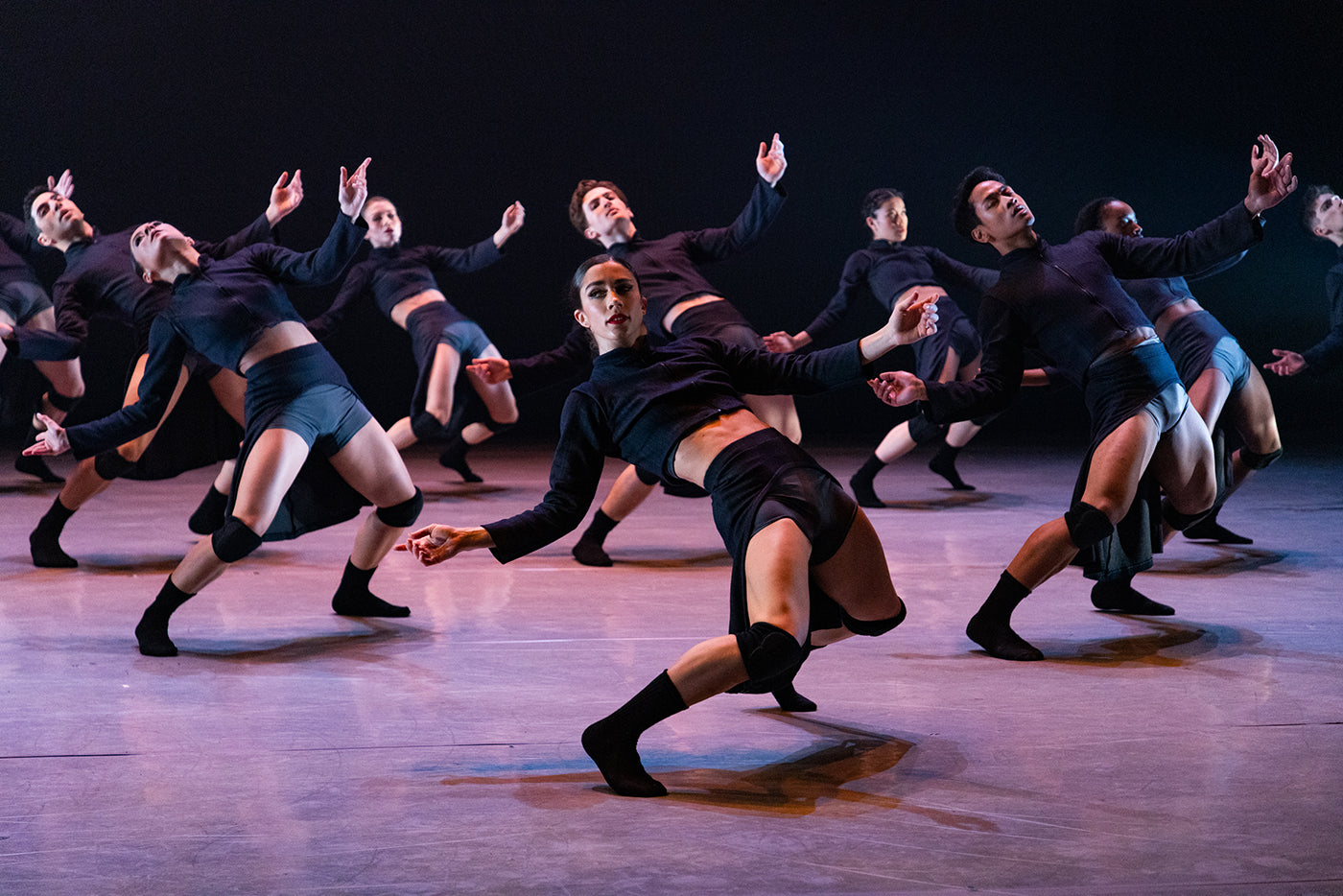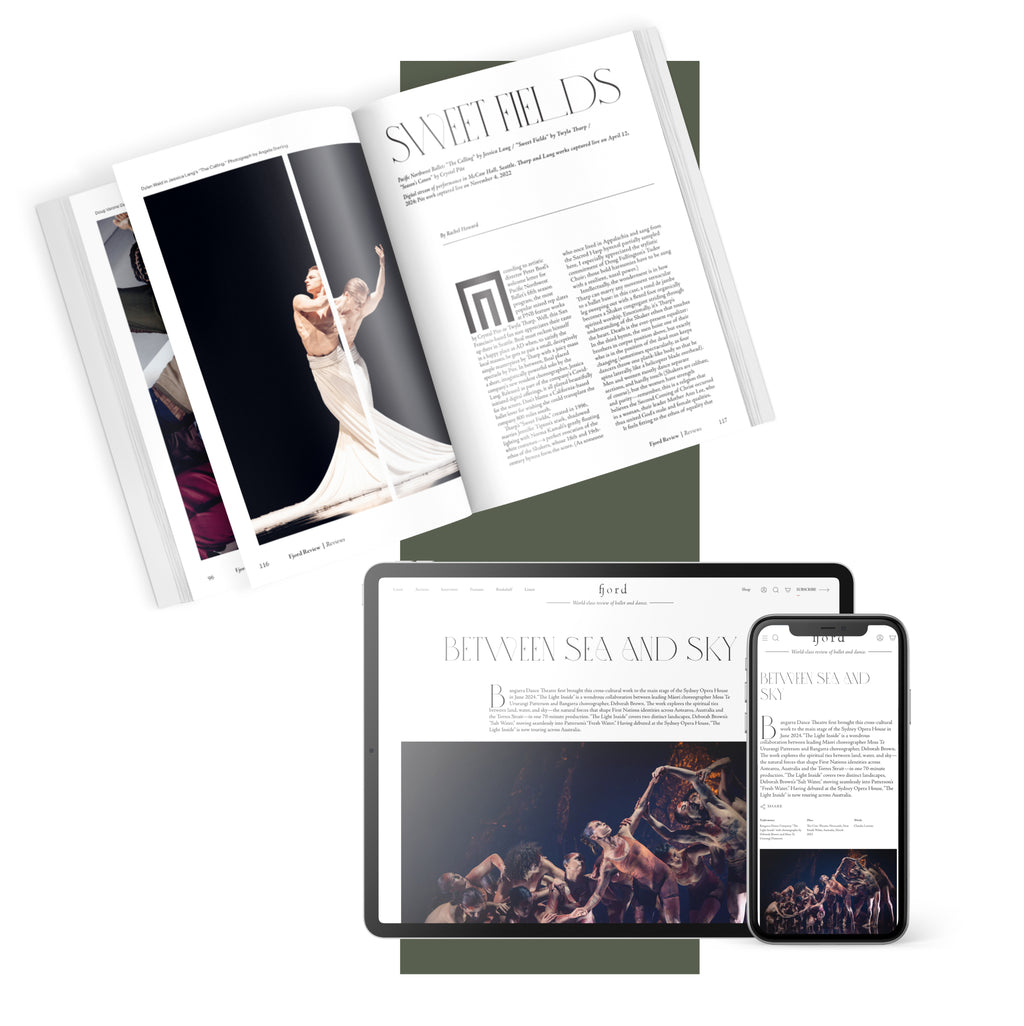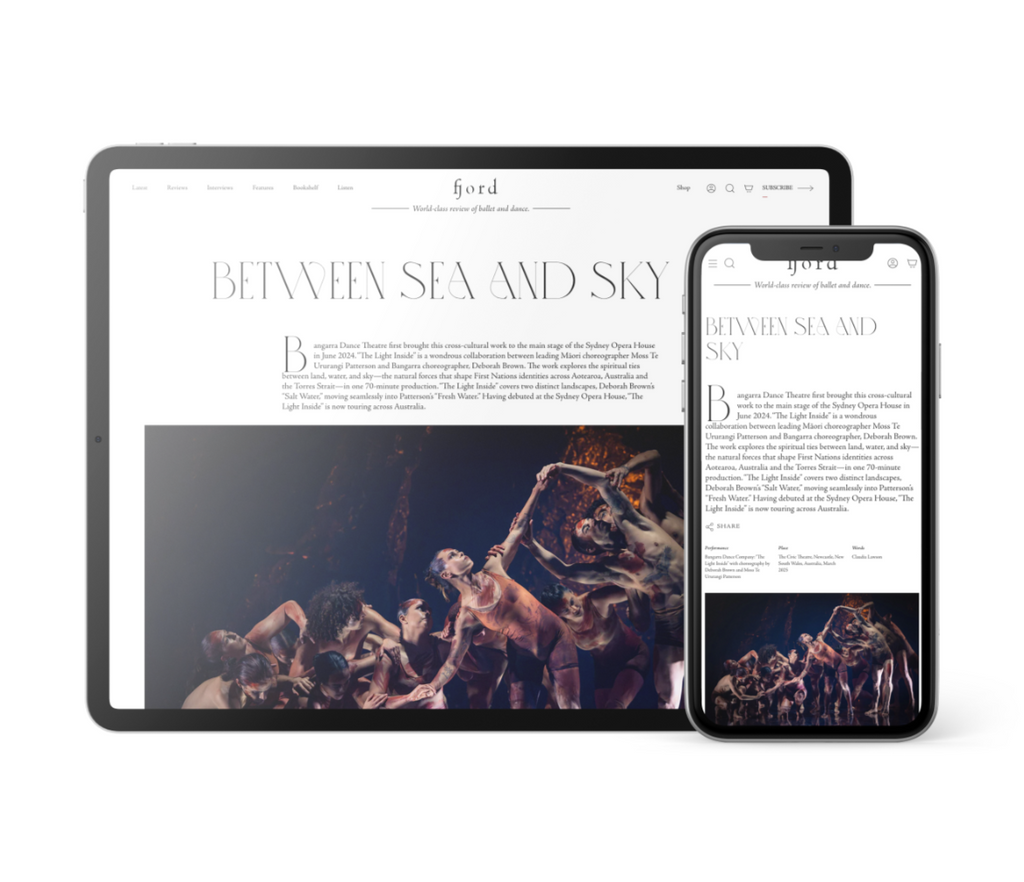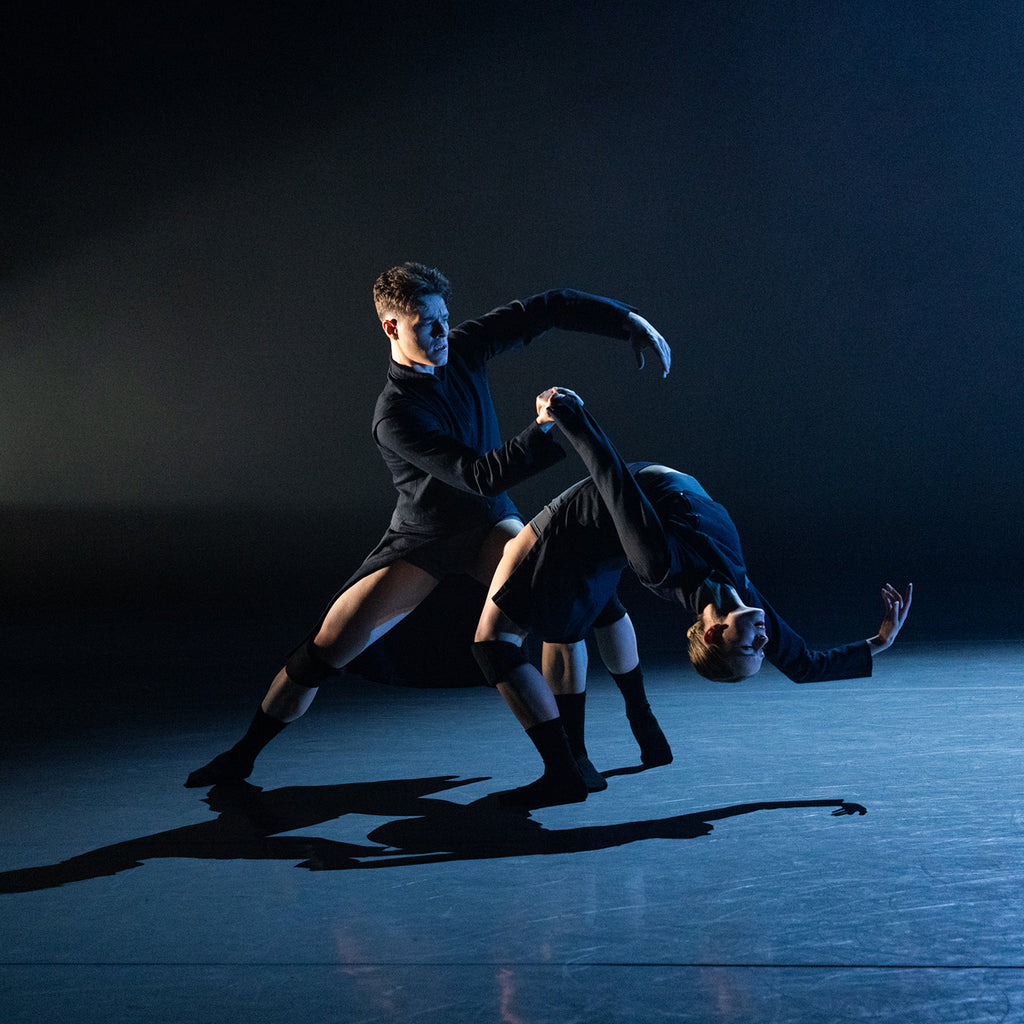Talent Time
It’s “Nutcracker” season at San Francisco Ballet—36 performances packed into three weeks—which means that the company is currently serving two distinct audiences.
Continue Reading
World-class review of ballet and dance.
Nearly spring and time for lightheartedness or hopefulness, and two of the three women choreographers in BalletX’s spring program gave us some sense of new beginnings. But the show ended with a reminder that we still face challenges ahead: Jennifer Archibald’s “Maslows Peak,” is loosely based on William Golding’s 1950’s novel of anarchy, Lord of the Flies.
Performance
Place
Words



“Uncommonly intelligent, substantial coverage.”
Your weekly source for world-class dance reviews, interviews, articles, and more.
Already a paid subscriber? Login

It’s “Nutcracker” season at San Francisco Ballet—36 performances packed into three weeks—which means that the company is currently serving two distinct audiences.
Continue ReadingLast week I caught up with choreographer Pam Tanowitz and Opera Philadelphia’s current general director and president, countertenor Anthony Roth Costanzo to talk about “The Seasons,” the company’s latest production premiering at the Kimmel Center’s 600-plus seat Perelman Theater on December 19.
Continue ReadingIf Notre-Dame remains one of the enduring symbols of Paris, standing at the city’s heart in all its beauty, much of the credit belongs to Victor Hugo.
Continue ReadingWhen dancer and choreographer Marla Phelan was a kid, she wanted to be an astronaut. “I always loved science and astronomy,” Phelan said.
Continue Reading
comments